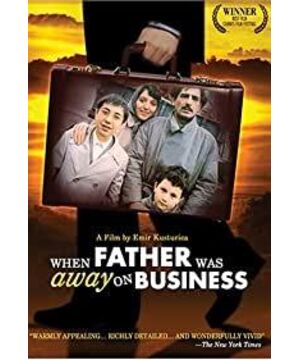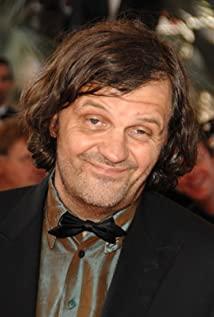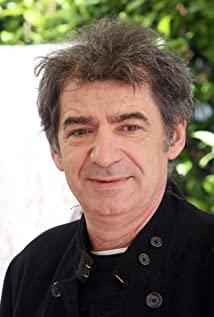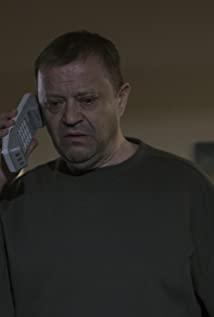This film tells the story of a family encounter between Yugoslavia and the Soviet Union in 1948, during the period when the "Stalinist" political prisoners were arrested and arrested, until 1952. The romantic father, the gentle, virtuous and tenacious mother, the babbled elder son and the quirky little son, everything is so familiar and kind. These typified characters are all around us. When you hear people calling each other "Comrade XX", when you see that the persecuted father was revealed by the brother-in-law, when you see the mine reformed through labor, when you see the repetition When couples are trying their best to make love in a small corner of a small room in order not to disturb their children, you will feel that all this is so easy to evoke some hidden memories in your heart. And the airplane performance, and the recitation in front of the mayor, this kind of "activity" is so familiar, as if it has been experienced; even the lens scheduling is as similar as the domestic movies in the 1980s—they are common. The tradition of socialist realism from the Soviet Union, or a mysterious connection in the dark? Therefore, I was surprised to see this movie. A movie from a distant Yugoslavia is a hidden existence, pulling out the things we thought we have forgotten from the basement of the subconscious mind and putting them in the sunlight. Under exposure.
This is only Kusturica's second feature film, but at this time he has Golden Lion and Golden Palm in hand. This man brought a completely different kind of movie. He can always create jokes in vulgar melodramas and deep social criticism beyond melodramas, just like Fassbinder and Almodovar. Some scenes, such as the expression of a girl with leukemia and the title "Dad on a business trip" seem to be an absurd expression today, but the style in his film is so strong, even the most recent film is still that way. The taste is like the Yugoslav lady who smiles at the "cultural revolution life" in this film. The sleepwalking and precocious child vividly provides a way for the director to observe this period of history. As if it was the director's self-referentiality, it was entangled in private memories, and the social and historical situation of that era was told in Kusturica's unique way. Now Kusturica is also the chairman of the Cannes jury, but who remembers that in the popular Chinese "Walter Defends Sarajevo", there is this three major film festival darling with a winning rate of 80%. What about one of the roles?
http://www.mtime.com/my/yinxiang/blog/300239/
View more about When Father Was Away on Business reviews











